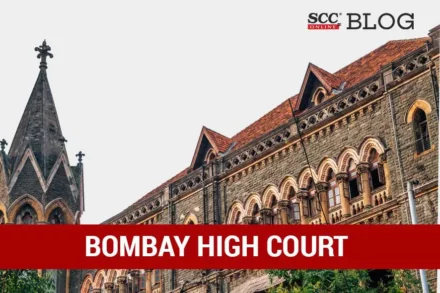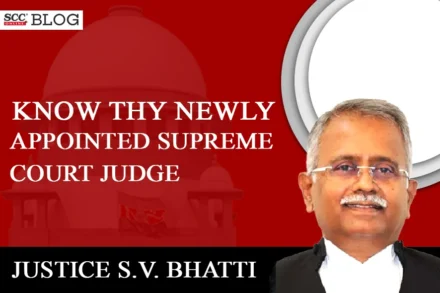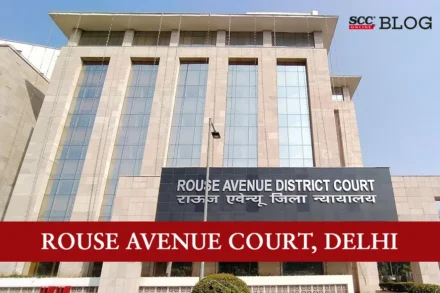
Sexual Harassment| Teacher-student Relationship a ‘sacred one’; Delhi High Court upholds compulsory retirement of DU professor as punishment
Delhi High Court observed that what ultimately turned decisive was a voluntary acknowledgment by the appellant-professor of his acts of indiscretion in getting attracted by the charms of a young female student.
Continue reading





